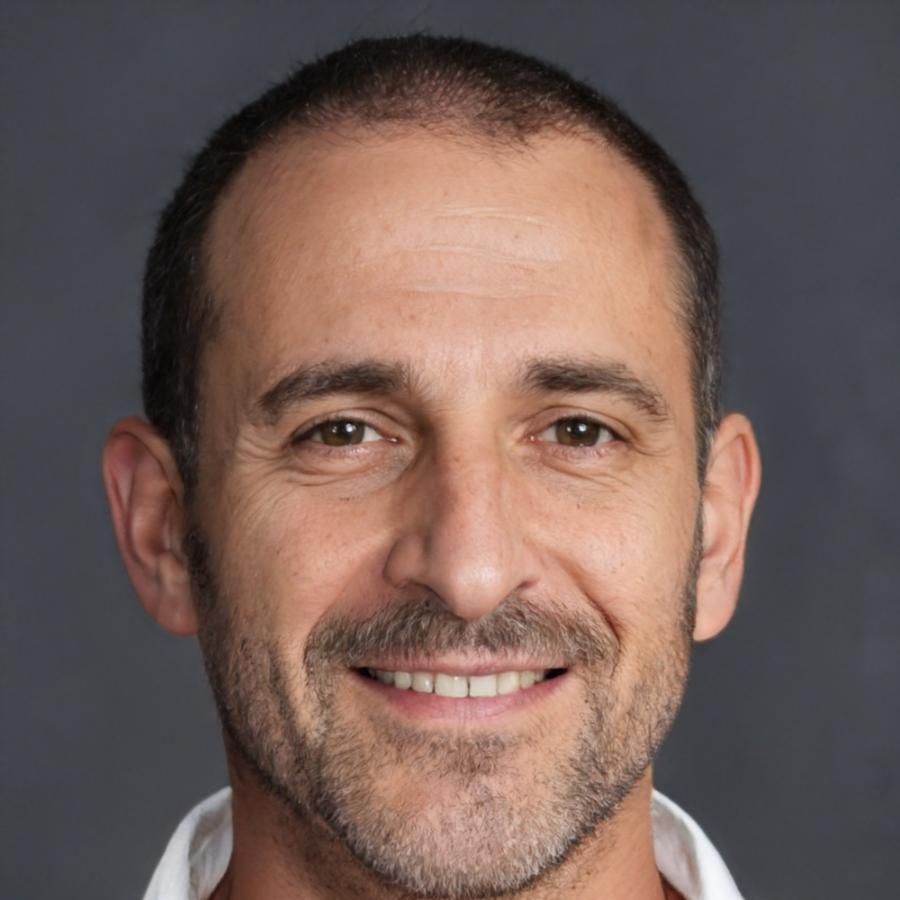Building Better Financial Analysts
We started veloryntiva in 2019 because we noticed something odd. Plenty of people could build spreadsheets, but few really understood what their models were telling them. That gap between technical skill and practical judgment — that's what we focus on.
What We Actually Do
Financial modeling isn't just about formulas and pivot tables. It's about asking better questions and spotting patterns others miss. We teach people how to build models that answer real business problems, not just ones that look impressive in a presentation.
Our courses focus on practical situations you'll actually encounter. We skip the theoretical stuff that sounds good but doesn't help when you're facing a deadline and need answers fast.
- Real-world scenarios pulled from actual consulting projects and corporate finance work
- Models that work under pressure, not just in perfect conditions
- Critical thinking skills that help you challenge assumptions and ask tough questions
- Practical judgment that comes from understanding business context, not just numbers

How Our Programs Work

Foundation Phase
Starting September 2025, we cover core modeling structures and common pitfalls. You'll build confidence with DCF models, three-statement integration, and scenario planning. Most students spend about three months here.

Advanced Methods
This gets into valuation nuances and complex capital structures. We tackle merger models, LBO analysis, and credit assessment. Students work through real case studies with missing data and conflicting information — just like real life.

Specialized Applications
Different industries have different quirks. Mining projects need different approaches than retail businesses. We help you adapt your modeling skills to specific sectors and understand what matters in each context.
Who Teaches This Stuff

Torsten Viklund
Lead Instructor
Spent twelve years in investment banking before moving to education. Torsten built models for infrastructure deals across Asia-Pacific and got tired of seeing smart people make preventable mistakes. He teaches the core valuation courses and occasionally rants about circular references.

Cyril Maalouf
Corporate Finance Specialist
Cyril came from a Big Four advisory practice where he worked on M&A transactions and capital raising. He focuses on teaching students how to communicate financial analysis to non-finance people — a skill that turns out to be surprisingly important in most careers.
Common Questions
When do programs typically start?
Our next foundation cohort begins in September 2025. Advanced programs run quarterly, with the next session starting November 2025. We keep class sizes manageable so everyone gets proper attention.
What background do I need?
Basic Excel competence and comfort with financial statements. You don't need to be a spreadsheet wizard, but you should understand income statements and balance sheets. If you've worked in finance, accounting, or corporate strategy, you'll feel at home quickly.
How much time should I expect to spend?
Foundation courses involve about 8-10 hours weekly, including live sessions and practice work. Advanced programs are more intensive — figure 12-15 hours for those weeks. Students with demanding jobs often spread their learning over longer periods.
Do you help with job placement?
We don't promise employment outcomes, but we do introduce students to our network when appropriate. Several Australian firms recruit from our programs. That said, your results depend on your existing experience and how you apply what you learn. Want to discuss specifics? Get in touch with our team.